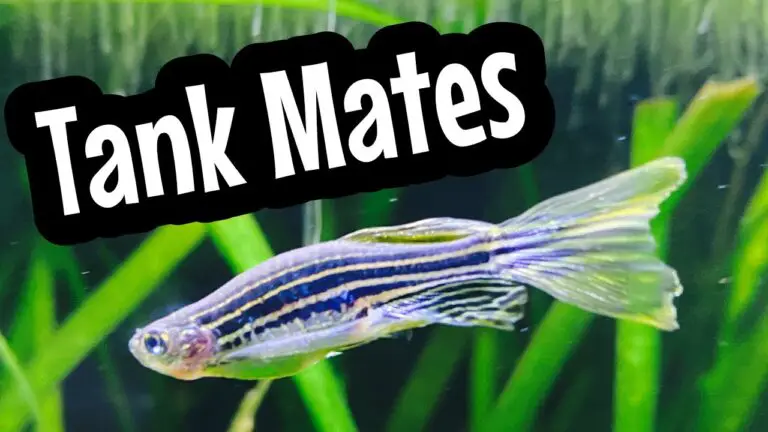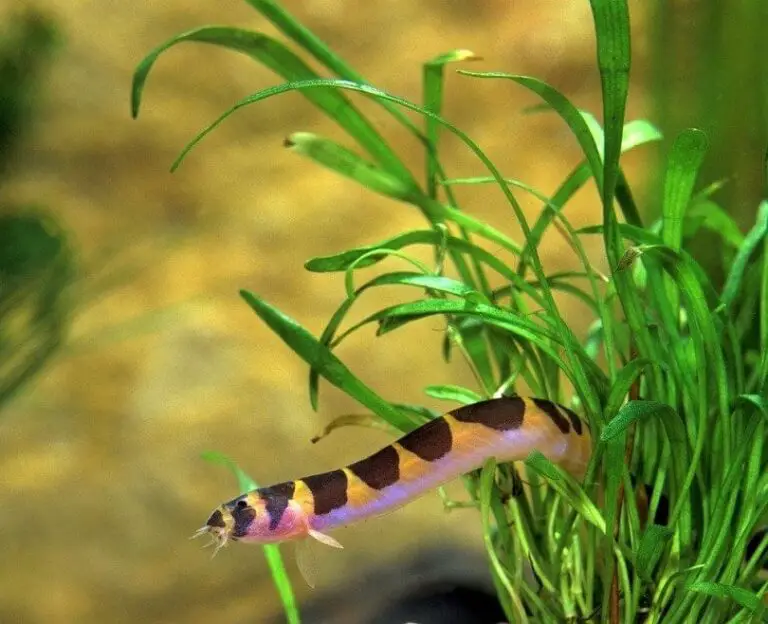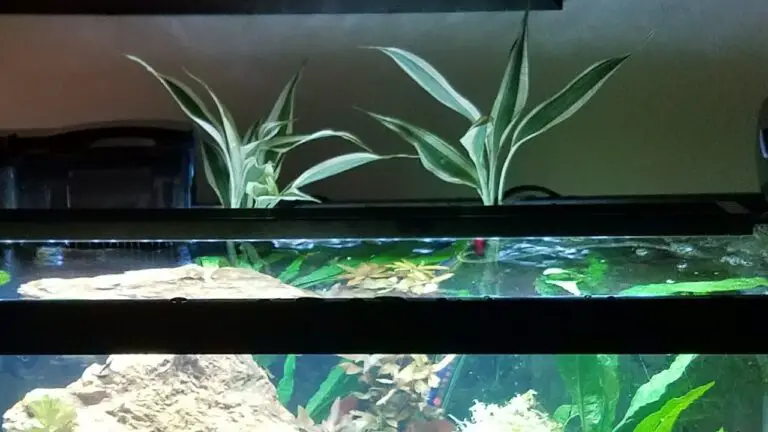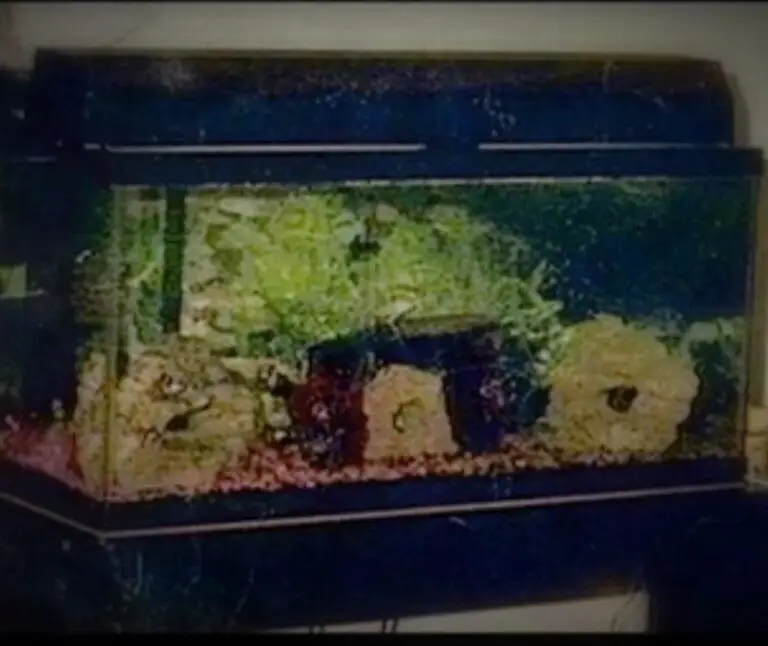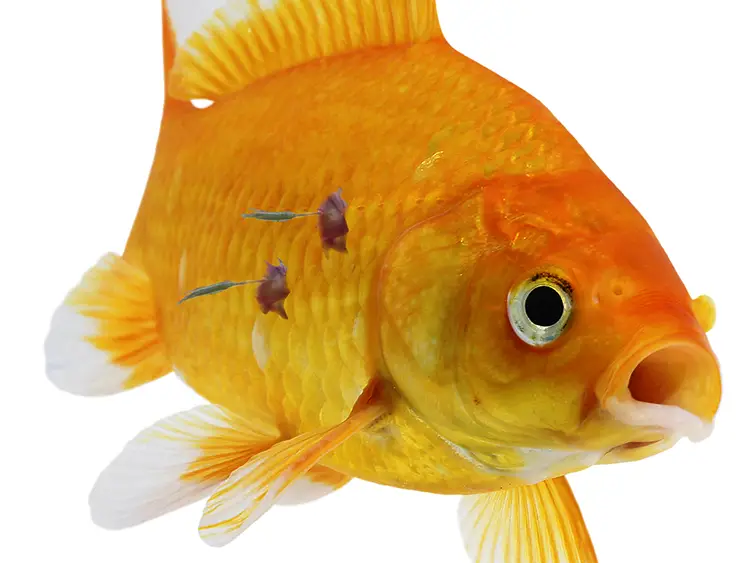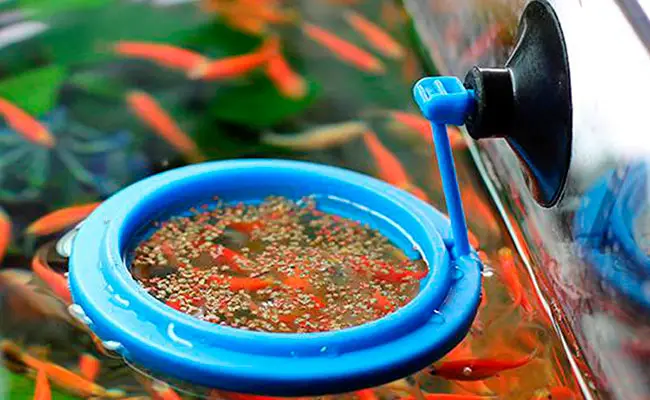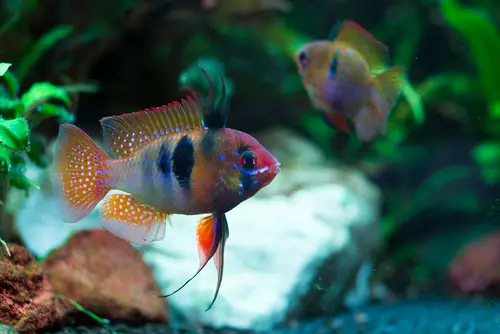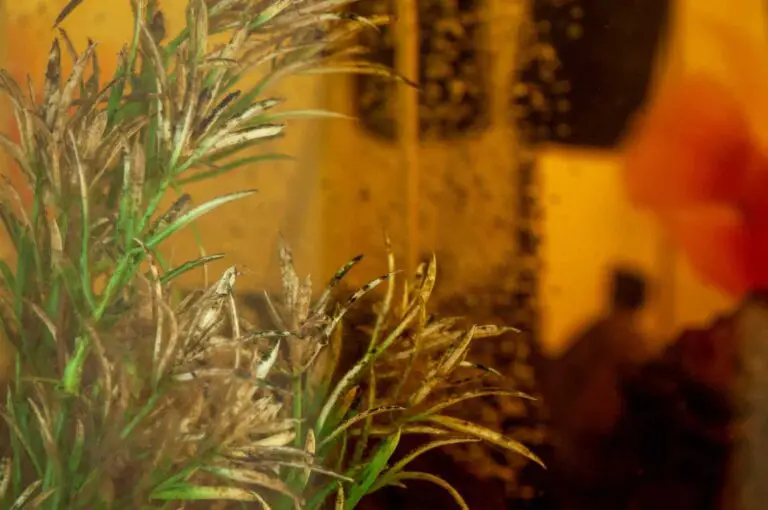Zebra Danio Tank Mates
Zebra Danios are a great fish to have in an aquarium as they are peaceful and low maintenance. They should be kept in schools of at least three or more for optimal health. When choosing tank mates, the most important thing is to look for species that can live peacefully with them. Some good options…
